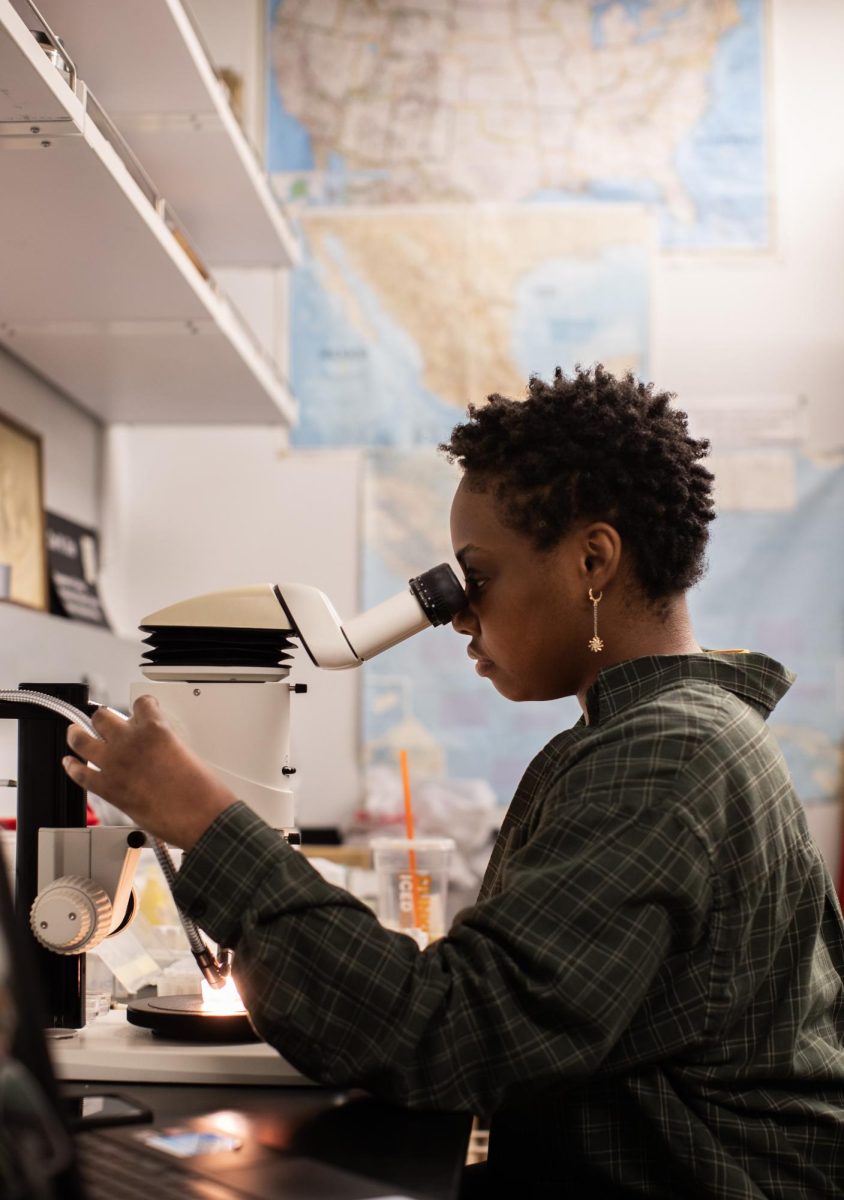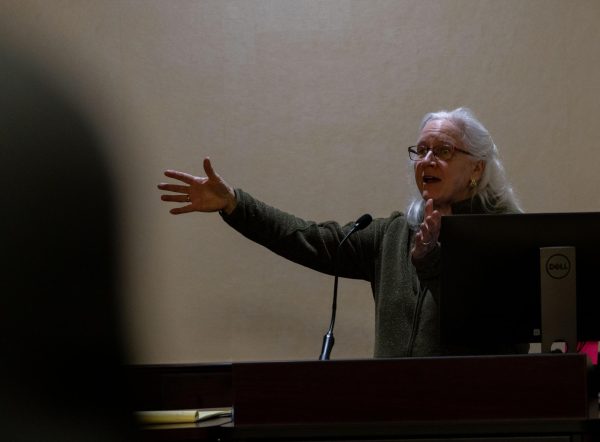Ransdell seeking new funding model for universities
November 12, 2013
If President Gary Ransdell has his way, state funding for Kentucky public universities will be more based on “degree productivity,” or the number of students who make it through WKU with a diploma in their hands.
Ransdell held a question and answer session on funding during a meeting of the University Senate on Thursday afternoon. During the meeting, Ransdell presented documents regarding the 2014-2016 Biennial Budget recommendation, a proposed budget from the Kentucky Council on Postsecondary Education and all the presidents of the public universities of Kentucky to get more funding from the state.
The documents showed that WKU has the third highest budget of all the eight public universities in Kentucky in the budget recommendation. WKU also contains the third largest number of students and produces the third most graduates out of all eight public universities in Kentucky.
However, the amount of money from the state given to WKU on a per student basis ranks seventh to Kentucky’s eight public universities, according to CPE documents.
“I’ve reached the point where I can no longer support a higher ed. funding model that continues to widen the chasm between WKU and the others in funding per student,” Ransdell said.
Because of the decline of funding per student from the state, tuition has been raised to cover the gap.
Ransdell said before the budget recommendation is sent to the state, it must be signed by all the university presidents in a consensus agreement. However, he wasn’t originally going to sign.
“We’re beginning to get to a point where the higher ed. funding model is not good for WKU,” Ransdell said.
Ransdell said he will sign the consensus agreement for the current model on the caveat that the CPE passes a resolution to create new funding model.
He doesn’t have an exact idea of what the model will look like, but it will be based on institutional performance.
The issue of athletics spending also came up at the meeting.
Dick Taylor, an assistant professor in the school of journalism and broadcasting, asked Ransdell if money spent on the football coach could be used towards education.
“In my three years, I’ve watched just the football coach…go from 250,000 a year to 450,000 a year to 850,000 dollars a year,” Taylor said. “I really wondered if the money could be better spent in what our core is which is educating students to get jobs.”
Ransdell said he would not take money from one department and put it into another as it would cause problems within the budget.
“I challenge the athletic department, like every other department on campus, [to] generate your resources [and] balance your budget,” Ransdell said.
Ransdell said the athletic department has generated their own revenue, and when the university takes away revenue from a department to fund other departments, it loses its incentive to generate more money.
Ransdell also discussed the closing of Thompson Complex North Wing, employee compensation and benefits and changes to the Glasgow campus.
“We’re studying options in Glasgow and we want to support the campus every way we can,” Ransdell said.

























